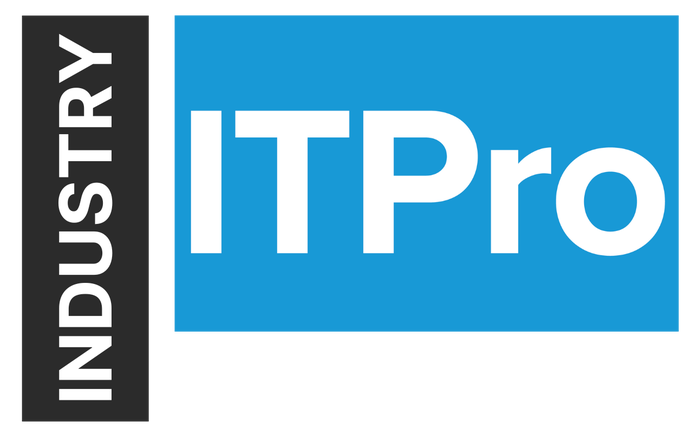
Insight and analysis on the information technology space from industry thought leaders.
Beyond the Buzz: The Imperative to Choose AI According to Business NeedBeyond the Buzz: The Imperative to Choose AI According to Business Need
ChatGPT's meteoric rise has sparked a surge in generative AI adoption among businesses. However, they should approach the new tech with caution and discretion. Here's why.
September 13, 2023

ChatGPT has become a household name. It hit the magic number of 100 million monthly active users in just two months of its launch. That made it the fastest-growing consumer application in history. The chatbot from OpenAI, a U.S.-based artificial intelligence research lab, has piqued everyone's interest with its easy-to-use features and beguilingly endless applications. In response to prompts, it can generate essays, articles, PPT decks, jokes, and poetry.
Companies Spurred to Adopt AI
Companies too are taking notice. A recent Gartner survey of enterprise executives has revealed that up to 45% of those surveyed see the current hype around ChatGPT influencing and encouraging their own adoption of AI for business. Organizations are actively considering how much to invest in generative AI tools, assessing which are relevant to their business model, and how soon they should kickstart their adoption journey while keeping risks in check.
The same survey also states that up to 70% of enterprises are currently engaged in exploring generative AI research and implementation, while close to 20% are in "later production stages." Additionally, 68% of business executives surveyed see investment into generative AI for their enterprises "dramatically" outweighing the risk, while only 5% considered the risks outweighing the advantages.
Generative AI has the potential to significantly increase productivity in customer care, according to a McKinsey & Company report. The study suggests that implementing generative AI technologies can boost productivity by up to 45%. This indicates a revolutionary shift in the way customer care services can be delivered.
OpenAI's ChatGPT and Google's Bard have fueled the rapid growth of the generative AI market thanks to their ability to generate human-like responses, engage in dynamic conversations, and provide comprehensive assistance. As a result, the generative AI market is set for explosive expansion. In a new report by Bloomberg Intelligence, experts predict that the generative AI market will reach unprecedented heights in the next decade, from $40 billion in 2022 to a staggering $1.3 trillion in the next 10 years. The market expansion is expected to drive innovation and competition among technology providers, leading to the development of more advanced generative AI solutions. However, it is essential to address concerns such as data privacy, ethics, and biases to ensure the responsible and trustworthy use of these technologies.
Advocating a More Cautious Tech Adoption
While many companies express genuine interest in what lies behind the buzz that generative AI tools like ChatGPT have created, they are not sure of the safety or relevance in adopting a very new solution in haste. Equally, with many enterprises still in the middle of their respective digital transformation journeys, where the cloud enables progress, data serves as the catalyst, and AI differentiates them, several are still in the process of establishing their data ecosystems. Therefore, it will not be beneficial to hastily incorporate generative AI into this intricate amalgamation of technologies.
This is where it becomes important for every business leader to approach the undoubtedly exciting space of promising new technology with some caution and discretion. Take the healthcare space. While using generative AI may be great to strike up a conversation with a new patient, without data and insights, this feature on its own wouldn't and cannot help advance patient outcomes.
Generating Positive Outcomes in BFSI
Conversely, in the banking, financial services, and insurance (BFSI) space, generative AI could very well enable improved outcomes while tackling fraud or money laundering by providing up to 99% accuracy in detection endeavors. Banks, for example, can deploy generative adversarial networks to detect fraud, fortress data privacy, and assess and undertake risk management. This is not to say that generative AI can or will produce foolproof accuracy in each business case. But when it comes to the BFSI sector, it offers undisputed value because of its ability to deal with voluminous data and generate personalized results in response to specific, detailed prompts.
Having said that, what is equally important for business leaders to keep in mind is the newness and shortcomings that any new technology poses. To return to ChatGPT, the AI bot cannot, for example, solve complicated mathematical problems or take on any prompts that require or assume an ability for complex analytics. It also has, as many of its users will agree with, a weakness to create some of the most believable truths that are anything but. Additionally, the technology is also not particularly great with "factual accuracy."
So, as businesses explore how best to accelerate their digital transformation journeys, they will be well-advised to keep in mind the need to choose the particular generation of AI tools wisely, to ensure that it fits well with its current business requirements and the industry it is situated in.
Nitin Rakesh is CEO of Mphasis.
About the Author
You May Also Like






.jpg?width=700&auto=webp&quality=80&disable=upscale)
